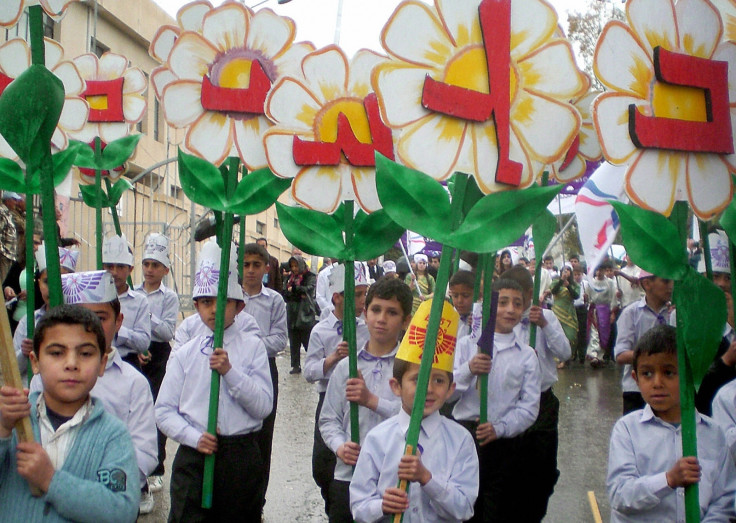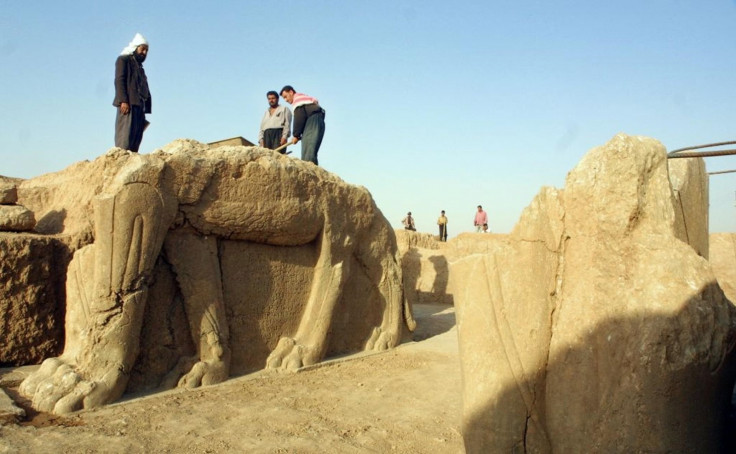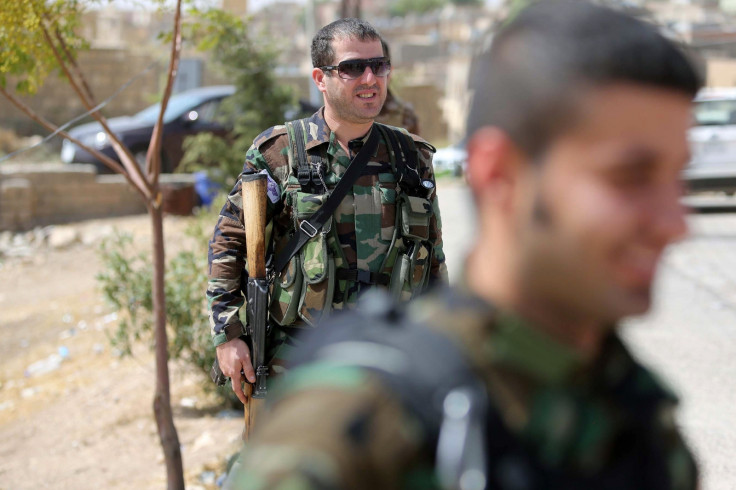Isis Syria: Who are the ancient Assyrian Christians being persecuted by Islamic State?

Assyrian Christians are among the most persecuted groups by the theo-fascist Islamic State, a self-declared Caliphate which is imposing a brutal, rapacious form of Shariah Law on those living in lands it has violently seized across a large chunk of war-torn Syria and Iraq.
Tens of thousands of Assyrians have been displaced by the Islamic State, which said it would execute those who did not convert to Islam or pay a tax and adhere to strict rules around practicing their faith. Hundreds more have been kidnapped, including many children.
In the latest incident, confirmed by the Syrian Observatory for Human Rights, between 70 and 100 Christians of the Assyrian minority in the north-eastern Syrian province of al-Hasakah were abducted by Islamic State militants.
Assyrian Christians are being forced out of lands they have occupied for over four millennia, which once formed Mesopotamia but since the early twentieth century span parts of Syria, Turkey and Iraq. Almost half of the world's Assyrians live in northern Iraq alone.
There are around 3.4 million Assyrians living in the world, according to the Assyrian International News Agency. The biggest population centres are Iraq, which has 1.5 million Assyrians, followed by Syria, which has 700,000 and the US, which has 400,000.
Before the rise of Christianity, the Assyrians were a Semitic people who lived in a province of Babylonia called Assyria, which became an independent state in around 1400 BC and had a long line of powerful Assyrian kings, but was eventually dissolved by a rival empire around 610 BC.
They worshipped multiple deities under the polytheistic and ancient Mesopotamian religion, before many began converting to Christianity in the century after Jesus is said to have been alive. Since the fall of their powerful empire, the Assyrians have lived as subjects of others.

And they have long been persecuted for their beliefs. Their people were often massacred and a genocide carried out on them by the Ottoman Empire, under which they lived, before it collapsed after the First World War.
They were allied with the British during the Second World War at a time when the Arab world surrounding them was siding with the Nazis because of the European colonialism they had suffered from.
After the war, they found themselves once again persecuted amid the rise of the Ba'ath Party and Saddam Hussein in Iraq.
There are three main Assyrian churchs. The Assyrian Church of the East ("Nestorian"), established in 33 AD by Theodos, Thomas, and Bartholomew; the Syriac Orthodox Church ("Jacobite"), established in 450 AD; the Chaldean Church of Babylon (Roman Catholic), established in 1552 AD.
Source: Assyrian International News Agency
The Assyrians, along with other non-Arab minority groups, were oppressed by Hussein under his Arabisation programme to solidify his support. Hussein displaced non-Arabs or forced them to renounce their identities.
Despite the fall of Hussein in the 2003 Iraq War, there has been little respite for the Assyrian people. Islamic State militants fighting in Syria against another Ba'athist, President Bashar al-Assad, have taken advantage of the past-Hussein chaos in Iraq and taken control of parts of the country.
So now the Assyrians in Syria and Iraq, who today speak a modern form of the ancient Aramaic language spoken by Jesus, are facing down a new genocidal enemy that wants to drive them from their homes and kill them.
But some are fighting back. One Assyrian Christian militia is in Bakufa north of the Iraqi city of Mosul, which has seen fierce fighting between Islamic State militants and government-backed forces, sparking an exodus of Assyrians.

The militia of Assyrian volunteers is patrolling the streets, armed and ready to see off any threat.
"We must depend on ourselves to defend our land for now and the future," Caesar Jacob, a 44 year-old electrician and deputy of to the Christian militia's commander, told AP in November 2014.
© Copyright IBTimes 2025. All rights reserved.




















